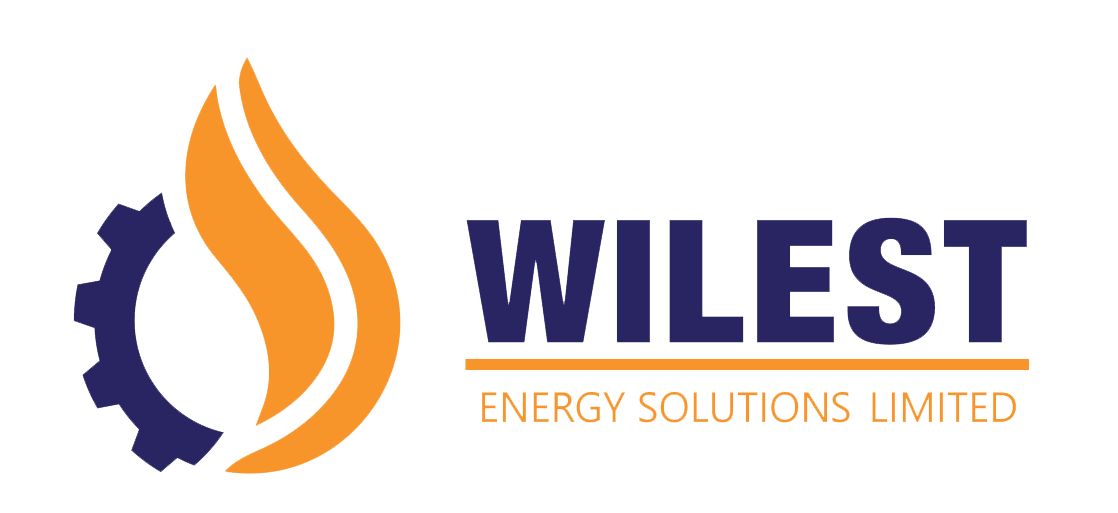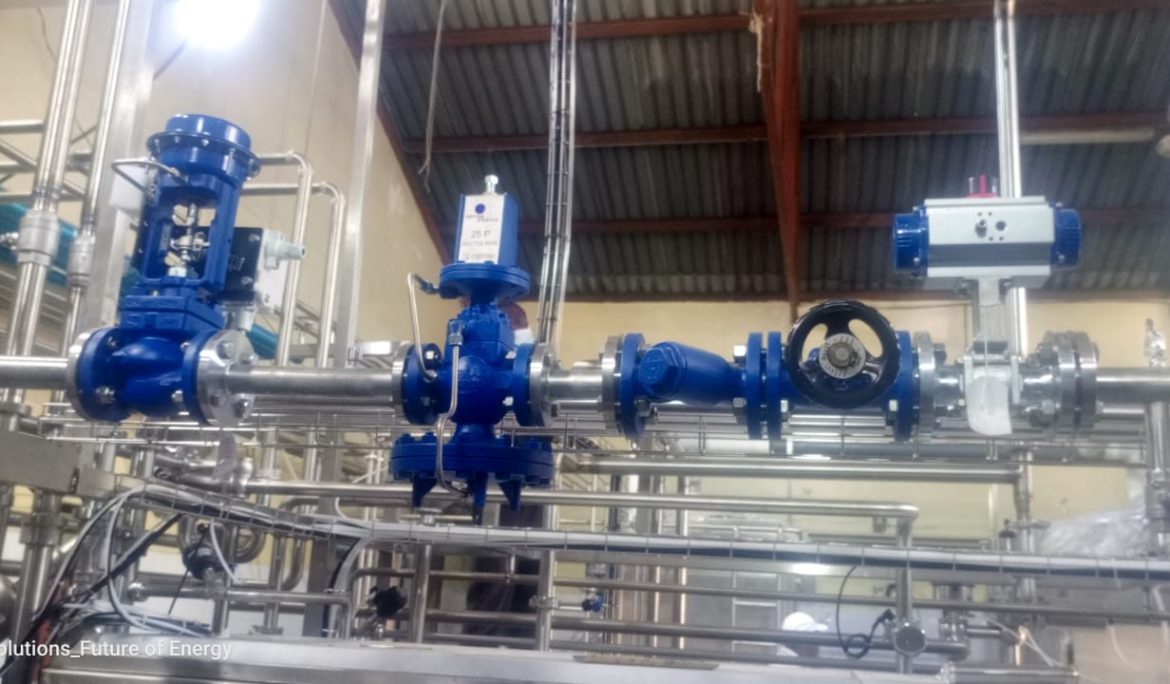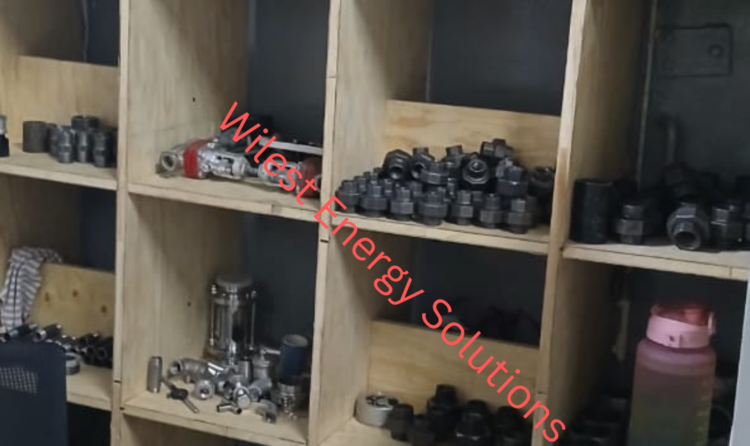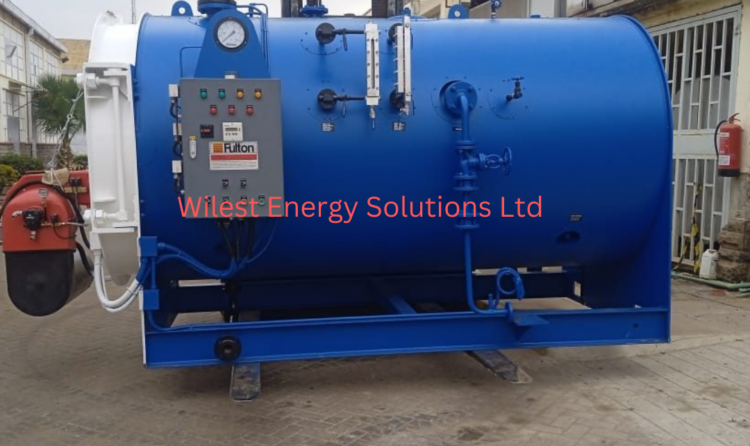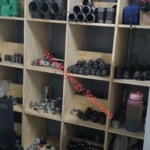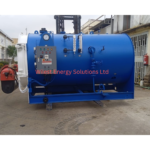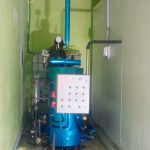Milk is a staple food in many Kenyan households and across East Africa. Its versatility and nutritional value make it an indispensable part of the diet for millions. As the dairy sector grows, the demand for processed dairy products such as pasteurized milk, yogurt, cheese, and butter continues to rise. For small farmers and dairy entrepreneurs, the opportunity to venture into milk processing can be a game changer. Wilest Energy Solutions Ltd, a leading provider of energy and agricultural solutions in Kenya, recognizes this potential and offers affordable mini dairy milk processing plants that enable small farms to transform raw milk into a wide range of high-quality dairy products.
The Milk Processing Journey
Milk processing is a series of steps that involve transforming raw milk into consumer-ready products. These steps are carefully designed to ensure food safety, preserve nutritional quality, and create a wide variety of dairy offerings for consumers. At Wilest Energy Solutions Ltd, we understand that streamlined and efficient processing is key to success. Let’s take a closer look at the milk processing journey and how it works.
1. Milk Reception
The first step in the milk processing cycle is milk reception. Fresh milk is collected from farms, transported to the processing plant, and received at designated reception points. Here, the milk is subjected to rigorous quality and safety tests to ensure it meets the necessary standards. The milk is filtered to remove any impurities such as dirt or debris, and is then transferred to storage tanks for further processing.
Wilest Energy Solutions Ltd offers state-of-the-art milk reception systems that guarantee proper handling and filtration of milk, preserving its integrity before it enters the processing phase.
2. Pasteurization
Pasteurization is a crucial step in milk processing that ensures the safety and shelf-life of milk. During pasteurization, the milk is heated to a specific temperature for a certain duration to kill harmful bacteria, such as E. coli and Salmonella, without affecting the nutritional quality of the milk. Once pasteurized, the milk becomes safe for consumption and can be stored for longer periods.
Our mini dairy plants are equipped with efficient pasteurization machines designed for small-scale operations. These machines are cost-effective and easy to operate, making them ideal for farmers who want to deliver safe and fresh milk to their customers.
3. Homogenization
Homogenization is the process of breaking down fat molecules in milk to create a smooth and uniform product. Without homogenization, the cream in the milk would rise to the top, creating an uneven texture. By homogenizing the milk, the fat globules are evenly distributed, ensuring a consistent product that does not separate.
At Wilest Energy Solutions Ltd, we provide homogenizers that work seamlessly with other milk processing equipment, guaranteeing that the final product is of the highest quality.
4. Cooling
After pasteurization and homogenization, the milk must be cooled rapidly to maintain its quality and prevent the growth of bacteria. Cooling brings the milk down to a safe storage temperature, usually below 4°C, to preserve its freshness until it reaches the market.
Our mini dairy plants are fitted with advanced cooling systems that efficiently chill milk without compromising on its quality. These cooling systems are designed to meet the specific needs of small-scale dairy operations in Kenya and East Africa.
5. Packaging
Once processed, the milk is ready for packaging. The type of packaging used depends on the product being made and the market’s demand. For example, pasteurized milk may be packaged in cartons or bottles, while other products such as yogurt and cheese may require specialized containers. Proper packaging not only preserves the quality of the product but also enhances its appeal to consumers.
Wilest Energy Solutions Ltd offers a range of packaging machines tailored to different dairy products. Our solutions ensure that your products are presented professionally, giving you a competitive edge in the market.
6. Distribution
The final step in the milk processing journey is distribution. Packaged milk products are sent to retailers, supermarkets, and other outlets where they are sold to consumers. Efficient distribution is essential to ensure that the products remain fresh when they reach customers.
Wilest Energy Solutions Ltd can guide you through the logistics of distribution, helping you design efficient routes and storage systems to ensure that your dairy products arrive at their destination in perfect condition.
Affordable Mini Dairy Plants for Small Farmers
One of the most exciting developments in dairy processing is the rise of mini dairy plants. These plants are designed for small-scale operations, making it possible for individual farmers, cooperatives, and small businesses to process their own milk and diversify their product offerings. Mini dairy plants are more affordable than large industrial setups and are easier to operate, making them a perfect fit for the growing dairy sector in Kenya and East Africa.
At Wilest Energy Solutions Ltd, we are committed to helping small farmers succeed by providing affordable and efficient dairy processing machinery. Our mini dairy plants include all the essential equipment needed for milk reception, pasteurization, homogenization, cooling, packaging, and distribution. These plants are compact, easy to install, and adaptable to the specific needs of small-scale dairy businesses.
By investing in a mini dairy plant, farmers can produce a wide range of dairy products such as pasteurized milk, cream, butter, yogurt, cheese, and more. This diversification opens up new revenue streams, enhances the farmer’s competitive advantage, and promotes sustainable growth within the dairy industry.
Advantages of Wilest Energy Solutions Ltd’s Mini Dairy Plants
- Cost-Effective: Our mini dairy plants are designed with small farmers in mind. They are highly affordable and provide a faster return on investment.
- User-Friendly: The machines are simple to operate, requiring minimal technical expertise. Farmers can quickly learn how to manage the entire process from milk reception to product packaging.
- Scalable Solutions: As your dairy business grows, our systems can be scaled to handle increased production volumes without requiring significant additional investment.
- High-Quality Products: The machines are engineered to produce consistent, high-quality dairy products that meet the highest safety and quality standards.
- Energy Efficiency: We incorporate energy-efficient technology into our dairy plants to minimize operational costs and ensure sustainability.
- Local Support: Based in Kenya, Wilest Energy Solutions Ltd offers local support and expertise, ensuring that farmers have access to timely maintenance, repairs, and training.
Boosting Dairy Production in Kenya and East Africa
Kenya and East Africa are experiencing a surge in dairy demand, driven by a growing population and increasing urbanization. The region is also home to numerous smallholder farmers who form the backbone of the dairy sector. By empowering these farmers with mini dairy plants, Wilest Energy Solutions Ltd is playing a vital role in boosting local dairy production and enhancing food security.
In addition to providing equipment, we also offer consultancy services to help farmers develop business strategies, secure financing, and optimize their production processes. Our goal is to support sustainable and profitable dairy operations throughout the region.
Conclusion
The dairy industry in Kenya and East Africa is poised for significant growth, and small farmers have a unique opportunity to be at the forefront of this transformation. With affordable mini dairy plants from Wilest Energy Solutions Ltd, farmers can harness the power of milk processing to create diverse, high-quality products that meet the needs of local consumers. By investing in milk processing equipment, farmers can unlock new income streams, improve food security, and contribute to the region’s economic development.
At Wilest Energy Solutions Ltd, we are committed to being your partner in this journey, offering cutting-edge solutions that empower small farms to thrive in the dairy industry. Together, we can make a difference in the future of dairy production in Kenya and beyond.
